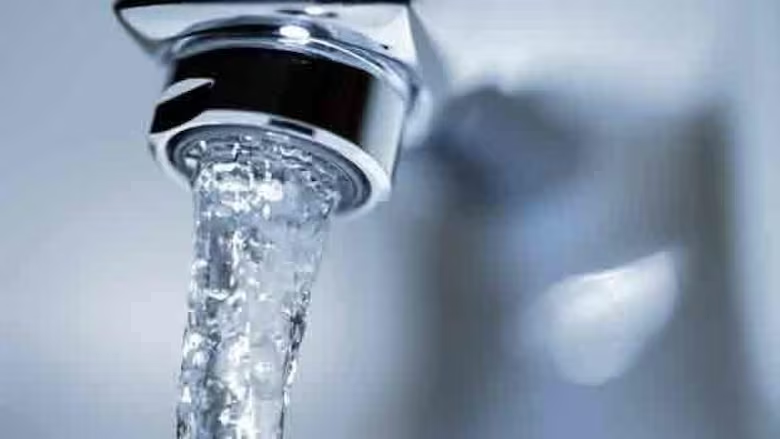Water woes on First Nations unacceptable, say 74% of Canadians polled
79% of Manitoba respondents agree water infrastructure on reserves needs to be addressed immediately

The majority of Canadians feel water quality and infrastructure is seriously lacking in First Nation communities, results from a new poll suggest.
Among the 2,050 Canadians to participate in the Probe Research online survey, 74 per cent of respondents agreed issues surrounding drinking water infrastructure in Indigenous communities "must be fixed immediately."
"With more than 100 First Nations under a boil-water advisory and many others grappling with aging or inadequate treatment systems, [our results] suggest significant public support exists for improvements to drinking water on reserves," a statement from Probe Research says.
Manitobans and Ontarians seemed to be the most troubled by water issues facing First Nations, with 52 per cent and 47 per cent, respectively, saying they strongly agree that restoring access to clean drinking water to those communities should be a priority. Another 27 per cent of Manitobans and 30 per cent of Ontario residents moderately agreed.
Canadians older than 55 stood out, too, as 81 per cent agreed the current state of affairs is "unacceptable" and needs to be remedied quickly.
"Would you agree or disagree that the poor condition and low quality of water infrastructure in many First Nations communities in Canada is unacceptable and needs to be addressed immediately? (Is that strongly or moderately agree/disagree?)" the poll asked.
The poll was conducted online between July 22 and Aug. 22. As the poll was conducted online, "no margin of error can be ascribed," Probe Research said.
A typical random sample of the same number of respondents would usually yield a margin of error of plus or minus 2.16 percentage points, 19 times out of 20.
Probe Research | A Clear Perspective of Canadians and their Drinking Water (PDF KB)
Probe Research | A Clear Perspective of Canadians and their Drinking Water (Text KB)CBC is not responsible for 3rd party content